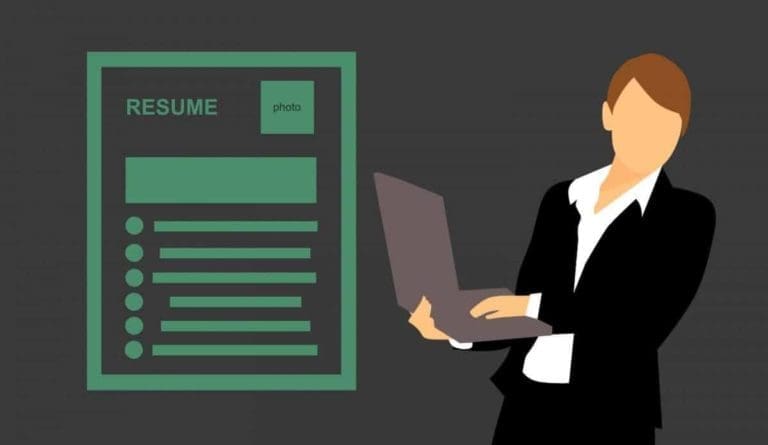One of the most rewarding aspects of running your own business is that you are soon in a position to offer somebody else employment. However, this brings with it the obligation of being responsible for somebody else’s livelihood – and that is not something to be taken lightly. Here are some aspects regarding hiring your first employee that you should be aware of.
Understand your legal obligations
There are many requirements laid down by law for the first time employer, and you have to comply with these. These stipulations can also vary according to local bylaws, so make sure that you are properly au fait with what these are, and then adhere to them.
To mention just two, before you employ somebody you have to get an employer identification number, or EIN. In order to do this, you need to file an IRS Form SS-4 with your local tax office – so go onto the IRS website (www.irs.gov) and establish how to go about it. When you start employing people, you have to register with the state to start paying into the state’s unemployment fund. The Department of Labor’s website will show how you need to go about it.
Find the best person for the role using the most relevant job platforms
There are many Internet job sites with details of literally thousands of jobs – Craigslist, Monster, Glassdoor, Indeed, LinkedIn and CareerBuilder to mention but a few. The site you post your job on will depend on the job description. If you are looking for a qualified professional, you would probably post on LinkedIn. If you are looking for somebody with a financial background, posting on eFinancialCareers or FinancialJobBank might be a better bet.
What is crucial, though, is that you have a very clear idea of the job description that you are seeking an employee for. You need to be very sure what skills and experience you are looking for in your new employee, and what duties and responsibilities you want them to perform.
Make your job posting specific to attract the best talent
Your job posting is all about attracting the best candidates for the position, so your job description should contain all the relevant information. It should include the qualifications/experience/background required and what duties and responsibilities the job entails. Also mention the job hours, pay, perks or advancement possibilities that go with it.
Give your job a snappy title, and give persuasive reasons why candidates should apply. Make sure that the application process is clear and unambiguous. Have other people proofread your text before you post it online – typos will be head-thumpingly embarrassing to you and off-putting to candidates.
Run a background check
If we lived in a perfect world, background checks on a new employee would not be necessary. But we do not, so doing a thorough background check on your new employee is essential. These checks can be done by government agencies and private companies.
A background check will reveal if your new employee has a criminal history. It will confirm whether their work experience is as they stated and so have the necessary competence to do the job. It will contribute to ensuring the safety of your workplace, and avoiding future legal liability.
Onboarding your new employee
Once you have found your new employee, you have to integrate them into your company by ‘onboarding’ them. Onboarding is the process whereby new employees are given the knowledge, skills, and mindsets that enable them to slot into and function well in the organization. The better this is done, the better the new employee will settle in and start making a meaningful contribution to the company.
Try to create the optimum working conditions for your new employee, and equip them with the proper tools to do their job well. If you’re a Microsoft person, but your new employee is used to working on Apple systems, for example, look at your options to rent a MacBook for them. This keeps your costs down, but still lets them feel more at ease in their new role.
Pros and cons of handling the hiring process yourself, vs. using an agency
There are advantages to using an agency to find your new employee – they do all the ‘heavy-lifting’ for you, as it were. Employment agencies are geared up to find the best applicants with the best skill sets for a job, do all the screening, and will present you with a shortlist of suitable candidates. This saves you having to work your way through the whole process – compile and post job adverts, slog through numerous CVs, (many of which will not be suitable) conducting interviews, and doing time-consuming background checks.
But, and this is a big but, employment agencies are expensive! Doing it yourself will assuredly be cheaper and you are more likely to find a suitable candidate if you have worked through the whole process yourself.
